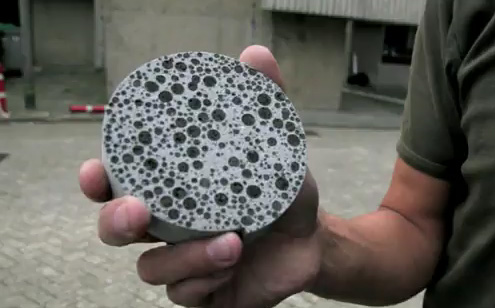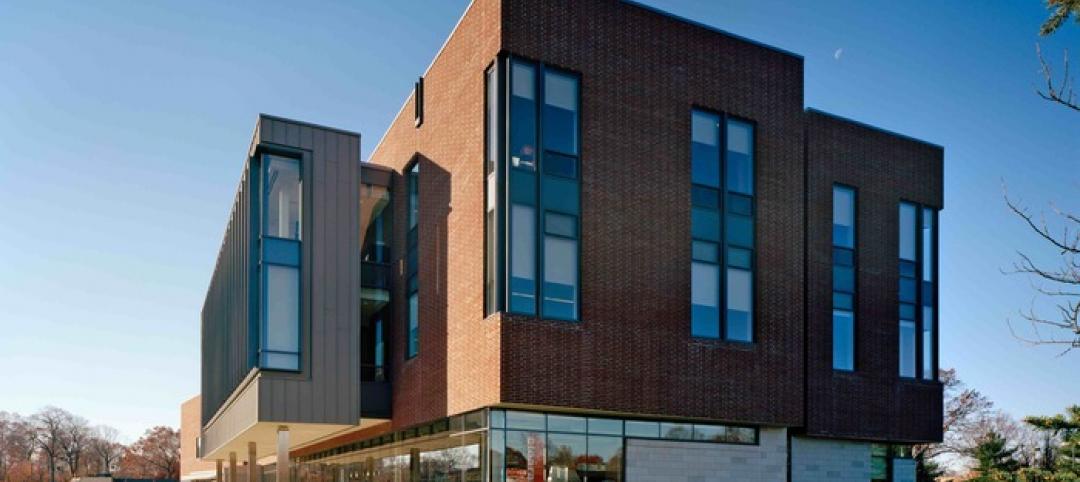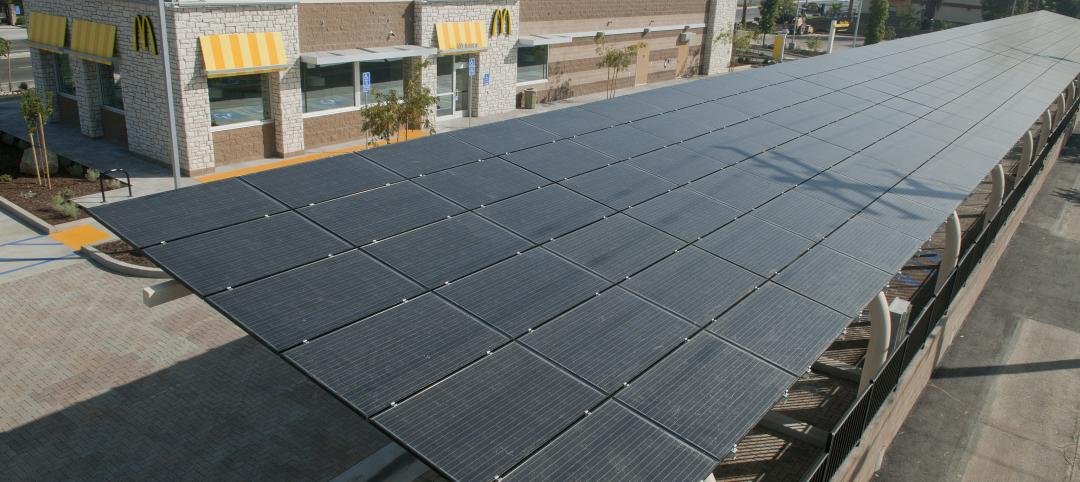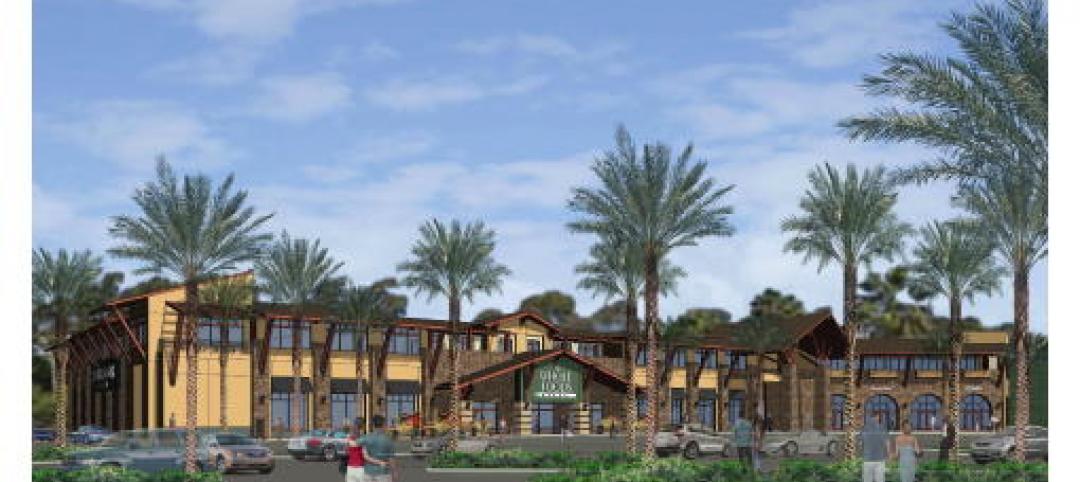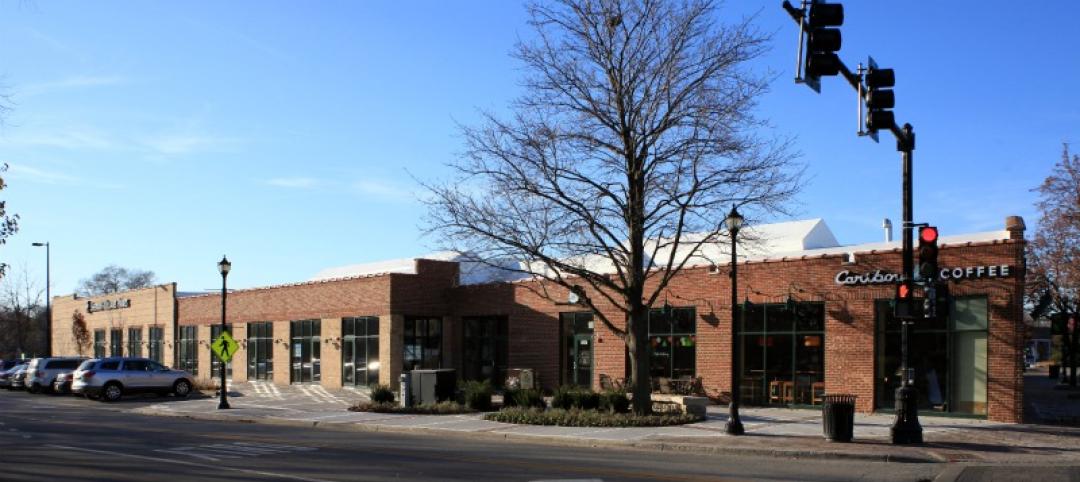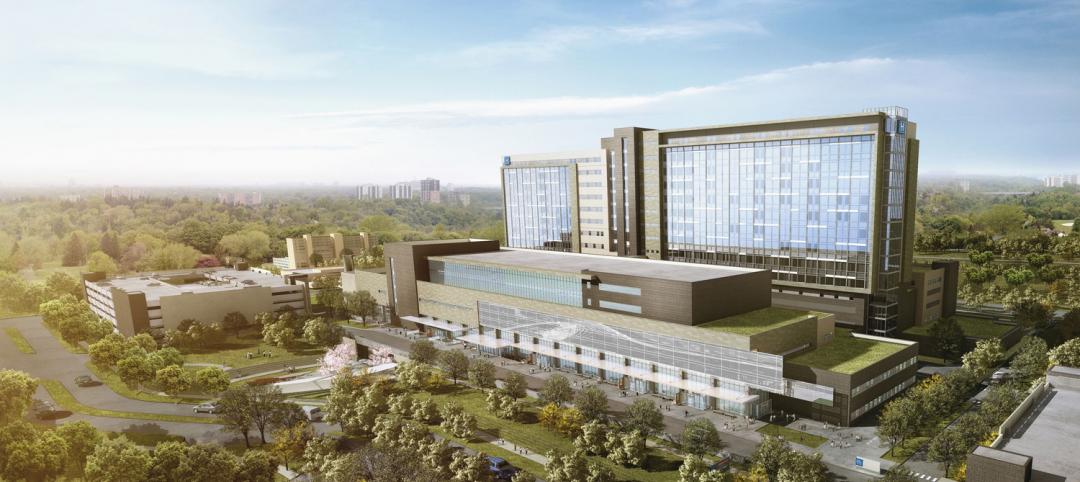Two researchers from Delft Technical University in Holland have developed a self-healing cement that can stop microcracks from forming in concrete. The material incorporates alkaphilic bacterial spores (which thrive in the alkaline environment of concrete) plus a feeder material. When water infiltrates concrete, the spores are activated and convert the feed into limestone, sealing the crack and preventing larger cracks from forming.
Microbiologist Henk Jonkers and concrete-development specialist Eric Schlangen have been working on the project since 2006. Basements, tunnels, and transportation infrastructure are among the proposed wet environments that could benefit from the innovation, which may be commercialized in four to five years. Scientists from the South Dakota School of Mines and Technology are now cooperating in the project.
(http://www.citg.tudelft.nl//index.php?id=17205)
Dutch microbiologist Henk Jonkers explains "bioconcrete" technology:
http://www.youtube.com/watch?feature=player_embedded&v=PyBR3PDPa-c
Related Stories
| Feb 14, 2012
Thornton Tomasetti names Al Hashimi vice president for its Middle East Operations
Al Hashimi is joining the company to help expand Thornton Tomasetti’s business in the region and support clients locally.
| Feb 2, 2012
Call for Entries: 2012 Building Team Awards. Deadline March 2, 2012
Winning projects will be featured in the May issue of BD+C.
| Feb 1, 2012
Two new research buildings dedicated at the University of South Carolina
The two buildings add 208,000 square feet of collaborative research space to the campus.
| Jan 30, 2012
Hollister Construction Services to renovate 30 Montgomery Street in Jersey City, N.J.
Owner Onyx Equities hires firm to oversee comprehensive upgrades of office building.
| Jan 27, 2012
BRB Architects designs new campus center for Molloy College
Intended to be the centerpiece of the College’s transformation from a commuter college to a 24-hour learning community, the “Public Square” will support student life with spaces such as a café, lounges, study rooms, student club space, a bookstore and an art gallery.
| Jan 19, 2012
LEED puts the 'Gold' in Riverside golden arches
McDonald's restaurant recognized for significant energy savings.
| Jan 15, 2012
Smith Consulting Architects designs Flower Hill Promenade expansion in Del Mar, Calif.
The $22 million expansion includes a 75,000-square-foot, two-story retail/office building and a 397-car parking structure, along with parking and circulation improvements and new landscaping throughout.
| Jan 6, 2012
Summit Design+Build completes Park Place in Illinois
Summit was responsible for the complete gut and renovation of the former auto repair shop which required the partial demolition of the existing building, while maintaining the integrity of the original 100 year-old structure, and significant re-grading and landscaping of the site.
| Jan 4, 2012
HDR to design North America’s first fully digital hospital
Humber River is the first hospital in North America to fully integrate and automate all of its processes; everything is done digitally.


